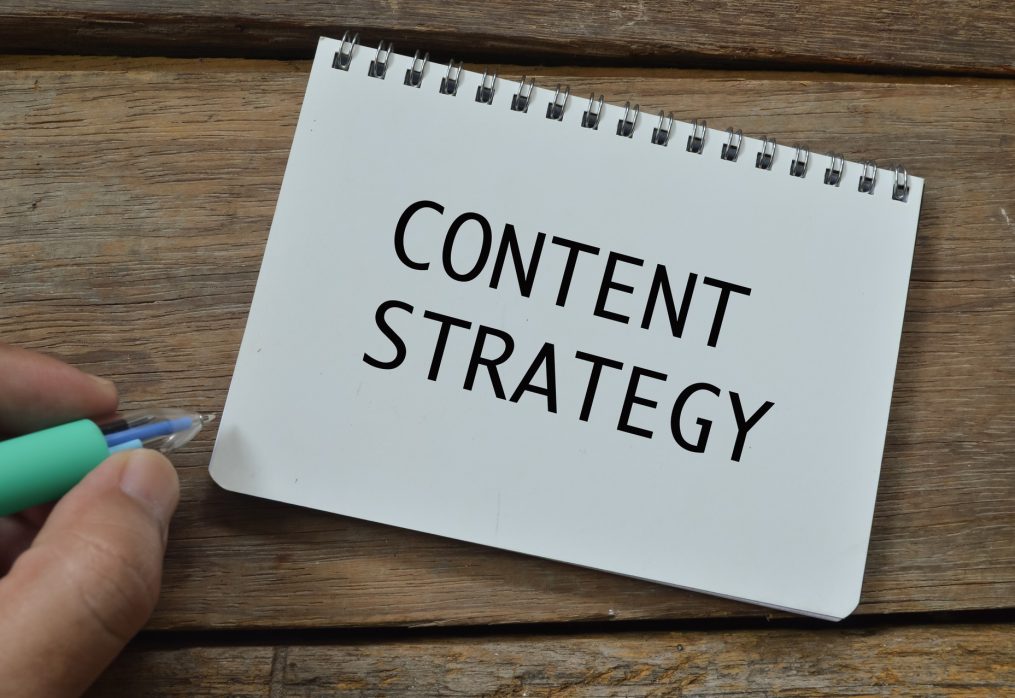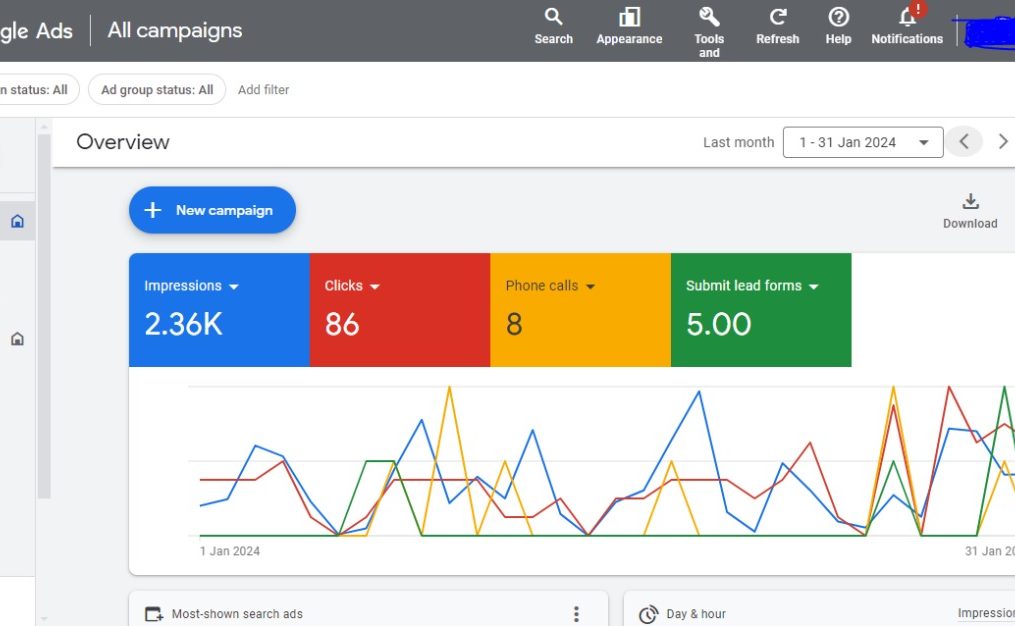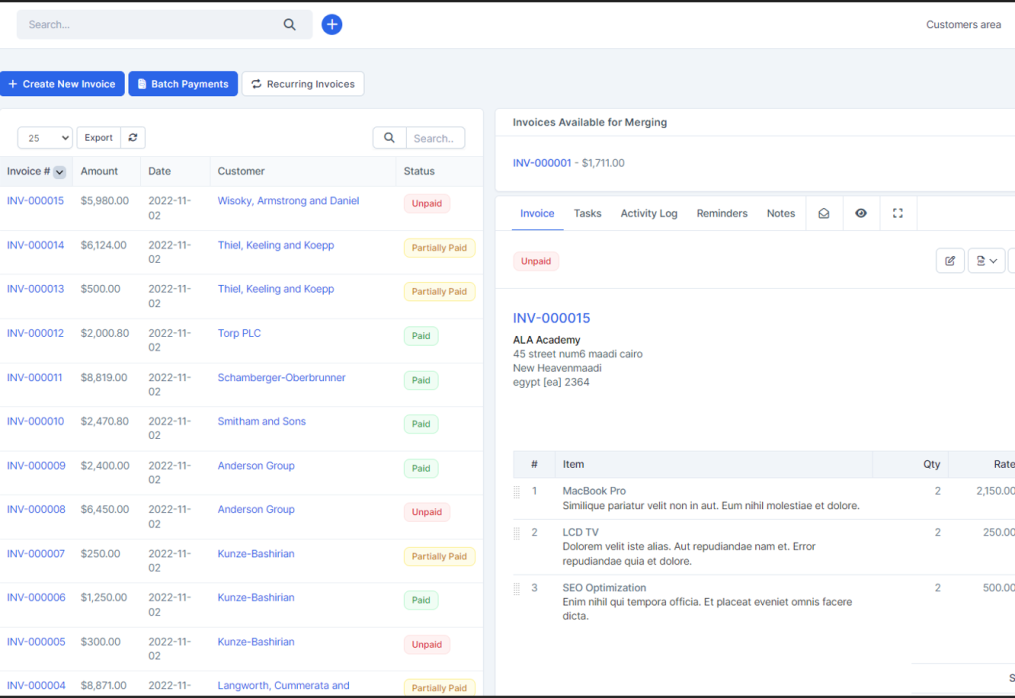04 February, 2024

imwpimwp
Lean into your sales goals with end-to-end customer acquisition technology for solar professionals.
Use our proprietary sales funnel to effortlessly generate leads and auto-book appointments.
Our industry leading sales funnel converts at over 50% and is fully customizable to your brand. Add your own domain name, logos, images, colors and text to exactly match your main website.
Once a homeowner submits their contact information, our auto-book system takes over to convert leads into appointments with a single click.
A calendar appointment is set automatically on both the salesperson and homeowner’s calendars, and the sales rep gets an instant notification that they have a hot new lead.
All of the homeowner’s information is now in the CRM system ready to be worked!
We also pull in information about the property and solar energy data for their neighbourhood.
Start booking more appointments this week.
CRM customers capture more leads and book more appointments with less work — and we would love to show you how.
Key Features Agreement
Create Agreement for your Leads and follow the signature process before estimate.
Work Order
Create Contract as work order and define your calculations.
Estimate
Create estimate based on items, we had predefine some global estimate items, they are editable.
CRM Full Feature List
- Manage and invoice projects with the powerful Project Management
- Link tasks to many CRM features and stay
- Build professional, great looking estimates and
- Powerful support system with ability to auto import
- Track time spent on tasks and bill your customers. Ability to assign multiple staff members on task and track timer per assigned staff.
- Add task followers even if the staff is not project The staff member will be able to track the task progress without accessing the project.
- Keep track of leads in one place and easily follow their progress. Ability to auto im- port leads from email, add notes, create proposals. Organize your leads in stages and change stages easily with drag and
- Create good looking proposals for leads or customers and increase
- Records your company/project expenses and have the ability to bill to your custom- ers and auto convert to
- Know more about your customers with powerful
- Increase customer retention via built-in
- Use the Goals Tracking feature to keep sales goals in
- Create announcements for your staff members and
- Use Contracts feature to lock in current and future
- Custom fields can store extra information for customers, leads and
- Receive payments from Paypal and Stripe in different currencies.
- Tons of configurable
- Style the CRM to your company branding with the powerful theme styling
- Separated media folder for non-admin staff members to work inside the CRM and organize their uploads and files.
- Great looking calendar for each staff member based on staff
Customers
Easily manage your customers and their contacts, create multiple contacts for your customers and set proper permissions. Customers area is fully separated from the admin area. Clients have their own client portal with all financial data from your company presented in clear view.
Invoices
Allows you to keep in track your invoices, items and generate reports. Add new currencies, using multiple currencies is allowed by previously setup customer currency. Invoice with different tax based on item.
Recurring Invoices
Create recurring invoices that will be re-created automatically without you lifting a finger, based on the specified period for the recurring invoice. The period time could be days, weeks, months or years.
Recurring Expenses
Creating recurring expenses. Set up a recurring expense and the expense will automatically be re-created after the specified period. The period time could be days, weeks, months or years
Estimates
Create estimate within a minute, sent to your customers and wait to accept, add notes for better organization for your next actions, create reminders. Ability to auto convert the estimate to invoice after customer accept.
Proposals
Create good looking proposals for leads or customers and increase sales. Receive notification when proposal is accepted/declined and auto send thank you email to your customer after accepting the proposal. Proposal overdue notice before X days available.
Online Payments
Receive payments from Paypal, Stripe, Mollie, Authorize.net, 2Checkout, PayU Money and Braintree, we have implemented payment gateways that are available in most of the countries.
Projects
Manage projects and track time spent on project for each staff member. Record project expenses and invoices and bill your clients faster. Professional Gantt Chart included for each project and staff member.
Milestones
Create milestones for projects and track time spend based on milestone. Ability to Drag and Drop tasks between milestones.
Leads
Leads or potential clients are really important part to any company. Every company trying everyday to get new leads. Very offen happend some potential client to call and ask for specific service that you company serve and then sometimes this is forgotten. With CRM you will never forget your potential clients and you will be able to manage all of them in one place. Keep track of leads in one place and easily follow their progress. Ability to auto import leads from email, add notes, create proposals. Organize your leads in stages and change stages easily with drag and drop. Ability to auto import leads from emails and web to lead forms, import leads from .CSV file included.
Web to Lead Forms
Create unlimited web to lead forms and inject in your landing page or website. This feature allows you to import leads into CRM from form. Use web to lead forms to gather potential clients information, allow them to request quotes directly from your website.
Contracts
You can add new contracts based on your clients. Adding contracts is very simple, you can set start date and end date and have clear view of all your company contracts in one place. You wont need anymore to search in your desk documents. Create PDF contracts and send to your customers from CRM. Contract overdue reminders available.
Tickets
Great support ticket system with autoresponse, private ticket staff notes, ticket assignments, attachments, predefined ticket replies, insert knowledge base link, ticket priorities, ticket statuses. Feature for auto importing tickets via Email Forwarder/IMAP method included. Let your customer reply and create new tickets via email, without accesing the client portal.
Departments
Assign your staff to specific departments and ability to auto import tickets by department email.
Custom Fields
Custom fields can store extra information for customers, leads, tickets, invoices, comapany, estimates and more.
Staff Reminders
Setup staff reminders for staff member with ability to notify by email and built-in. Reminders are available for important features.
Theme Styling without coding
Style the CRM to your company branding with the powerful theme styling feature. To fit best for your needs create custom.css and add your own styles.
Events
Create private or public events. Receive notification when an event is coming built-in and email.
Easily re-organize admin menu
You can re-organize admin main menu and the setup menu from in few seconds, you need only to login in your admin area. No coding is required. Add/Remove icons to fit for your needs.
Email Templates
Setup predefined email templates from text editor. Merge fields available and multi language options available.
Staff Roles & Permissions
You can give staff a specific permissions what can do or can’t do. Role permissions can be overided for each staff.
Goals Tracking
Setup goals and tracking achievements. Use the Goals Tracking feature to keep sales goals in mind.
Personal Todo
Every staff member can have their own personal todo dashboard which will allow your staff member to easily organize the their work.
Staff
Manage all your staff members from one place.
Company Newsfeed
Share great company events, upload documents, easy employees communications.
Staff Tasks
Assign task to multiple employees, add task followers, task comments allowed, task attachments. Link tasks to many CRM features and stay organized.
Recurring Tasks
Create tasks that will be auto created for a given period.
Surveys
Create surveys with one click. Send to staff, leads, clients or manually created mail lists. Increase customer retention via built-in Surveys.
Reports
Reports Sales
Expenses Report Reports by customer Custom date picker Leads Conversions
Knowledge base articles (Track if your article is usefull to clients, improve text based on votes)
Knowledge Base
Add knowledge base articles from text editor. “Did you find this article useful?” vote included in clients area.
Media Library
Upload files in media library. Each staff member that is not admin have their own folder for uploading files.
Auto Backup Database
Setup auto backup database each X days to prevent losing your important data.
Sensitive data is encrypted
CRM encrypts all sensitive data in the database with unique encryption key. Encryption performed on email passwords, api keys, api passwords etc..
Server Side Datatables
CRM is using serverside datatables to perfectly handle large databases.
Responsive
CRM is fully responsive. You can easily access your data from mobile or tablet.
Google reCaptcha
Google reCaptcha available for admin login, customer login and customer register area.
Action Hooks
To prevent editing the core files we created action hooks for some important functionalities. Send us an email if you want we to include another action hook based on your needs.
Activity Log
Track all staff activity. Adding new items, creating, deleting.










